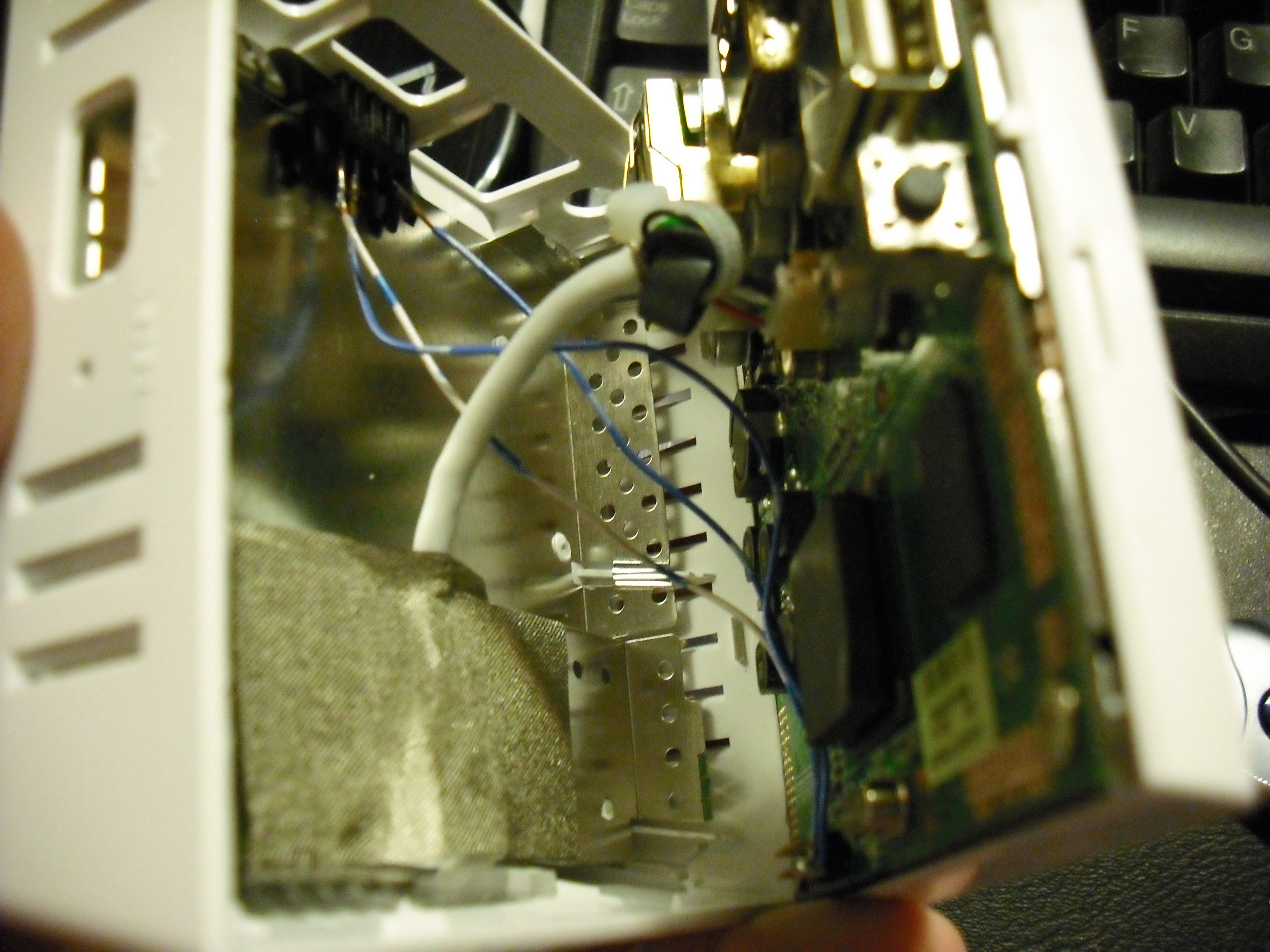
If the gitk package is installed, you can run "git bisect visualize" at any step to watch the regression range narrowing. Eventually it will spit out the "first bad commit", or if you get bored before that, you can run "git bisect log" to get a summary of the tests you have run, which is almost as good. Git bisect skip # if some other problem makes it hard to testĦ. Git bisect good # if compressed kernels work fine Git bisect bad # if it reproduces the problem A version halfway between is automatically checked out to test: Make silentoldconfig # reuse configuration Make sure kernel is flashed, reboot, test the uncompressed and compressed versions Make deb-pkg # optionally with -j for parallel build

Make localmodconfig # minimal configuration
#DOCKSTAR MACHID UPDATE#
Or, if you already have a git checkout of the kernel, update it:Ĭp /boot/config-$(uname -r). Git clone git:///pub/scm/linux/kernel/git/torvalds/linux.git Purdyd, can you bisect? It works somewhat like this (feel free to tweak for cross-compilation and building on a different machine from where the kernel runs as appropriate):

Image Type: ARM Linux Kernel Image (uncompressed) # Booting kernel from Legacy Image at 00800000.
#DOCKSTAR MACHID SERIAL#
Attempts at booting these 3.2 and 3.3 kernels show a complete dead hang on the serial output: Package(s): Linux Kernel 3.2.x and 3.3.0-rc1īuild a uImage kernel either natively on Debian Squeeze or Wheezy, with build-essential etc., with the CodeSourcery CrossCompile ToolChain, with ArchLinux or any other kernel build setup. Problem: (compressed uImage) Kernel will not boot on many Kirkwood devices (Dockstar, some PogoPlugs, others)

We've found a severe/grave problem with the 3.2 & 3.3-rc1 kernels on certain Kirkwood machines.


 0 kommentar(er)
0 kommentar(er)
